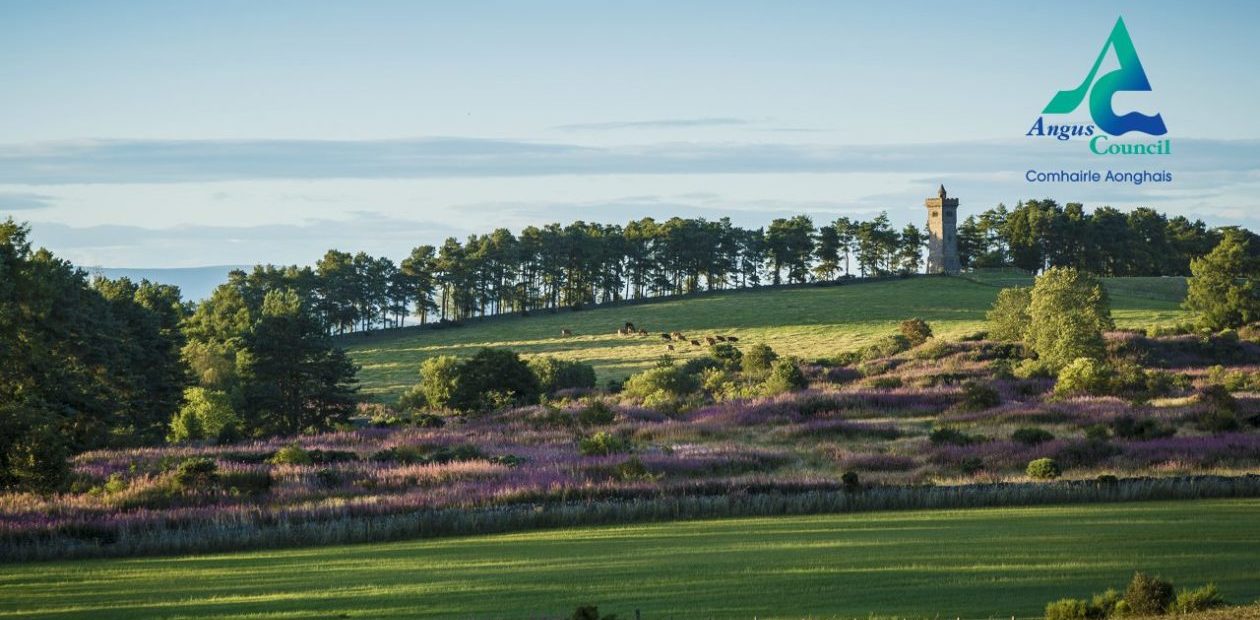posted by Rhonda McFarlane, Funding Officer, Economic Development
Institute of Mathematics Education Grant Scheme (UK)
The Institute of Mathematics has announced that individuals working in Schools, Colleges of Further Education (FE) and Higher Education Institutes (HEIs) can apply for funding of up to £600 to run or attend an educational activity relating to mathematics. Activities supported include hosting a mathematics event, e.g. Maths Trails, Maths Competitions; attendance at appropriate conferences; travel expenses to attend appropriate events; or supply cover required for the teacher to attend the appropriate event; etc. Projects supported in the past include a grant towards the cost of running a Think Maths workshop for 90 Year 9 students. Applications from primary schools are also welcome, but due to the aims of the Institute, primary schools should work in partnership with a secondary school, FE or HEI. Priority will be given to applications from members of the Institute. If the applicant is not a member of the Institute the name of a co-applicant who is a member must be given. Applications can be submitted at any time.
Society for Microbiology – Science Education and Outreach Grants (UK)
Members of the Microbiology Society, residing in the UK or Republic of Ireland, including those working in schools, can apply for a grant of up to £1,000 for innovative Outreach Activities that support relevant science teaching or promotion initiatives. Also funded are developments likely to lead to an improvement in the teaching of any aspect of microbiology. Grants can cover, for example, talks, workshops, demonstrations, posters, leaflets, broadcasts, activities at science festivals and audio-visual or computer-based packages or activities that take place as part of a National Science and Engineering Week. Apply by the 1st April 2019.
Grants for UK-German Partnership Visits (UK)
Teachers in the UK can apply for grants of up to £1,000 for a visit that revives an existing partnership with a school in Germany or a vist that develops a new partnership. The focus of the visit must be on planning future activities between pupils, and developing an interactive project to take place within the year. Visits should not last longer than one week, the school must provide 25% of the required funding and a maximum of 3 teachers can be supported. Applications are accepted on a rolling basis but the proposed visit must not start for at least 4 weeks after the application has been submitted.
Royal College of Pathologists Public Engagement Innovation Grant Scheme (UK)
The Royal College of Pathologists has announced that applications are now being accepted for the Public Engagement Innovation Grant Scheme. Under this scheme grants of up to £1,000 are available for individuals or organisations who wish to run a project that engages audiences such as secondary school students, undergraduates, health professionals or local communities with pathology. The closing date for applications is the 3rd June 2019.
Free Trees for Community Groups and Schools (UK)
Schools across the UK, nurseries, colleges, universities, and other groups such as resident associations, sports clubs, parish councils, scouts, guides are amongst the organisations eligible to apply for up to 420 trees to improve their local environment. Tree packs available include hedging, copse, wild harvest, year round colour, working wood, wild wood and urban trees. The Woodland Trust is currently taking applications for trees to be delivered in November 2019.


